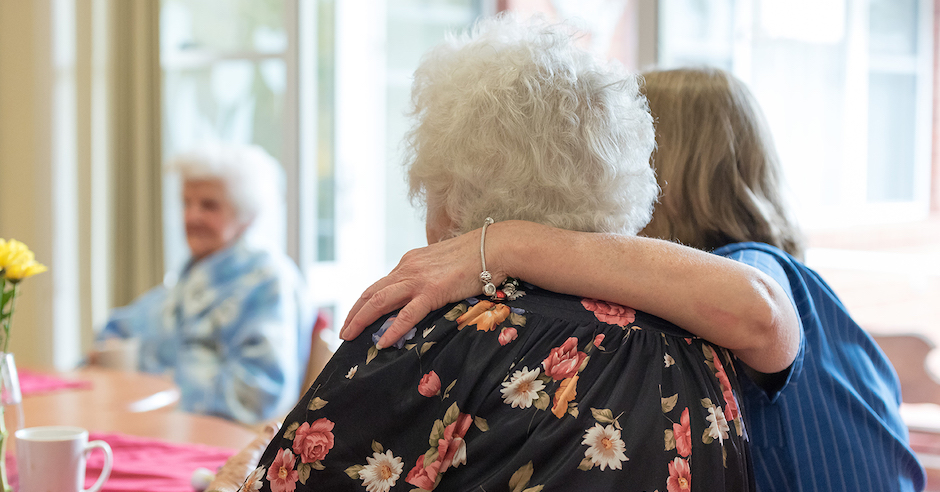By Abbeyfield Mortlake CEO Deb Rantall
With the number of people requiring some form of aged care set to double in Australia by the year 2050, we know the demand for aged care workers is growing rapidly. However, growth in the workforce is not keeping up with demand.
It seems to me, there is an ever-increasing and significant barrier to the engagement of a robust, professional and sustainable workforce – the stigma of working in aged care.
The recent announcement of the Royal Commission into aged care has resulted in the industry getting a lot of negative attention. And rightly so, when distressing examples of mistreatment and abuse are exposed.
However, what is not portrayed is the thousands of examples of outstanding care, warmth and connection between the carer and resident or customer.
For me with a nursing background, there is no other industry like aged care. Supporting a person’s journey to death is a privilege.
At our facility in Mortlake we are able to develop a strong bond over months, or even years, with those in our care which can rarely be matched in other professional nursing roles.
There appears to be a perception that the industry, and by extension the workforce, is failing to meet the care needs of older people, particularly those in residential aged care.
The Royal Commission is likely to feed into this view as we start to hear more stories of unacceptable care standards.
Negativity and fear, along with a potential lack of understanding of the aged care system and ageing or death, all play a role in an individuals’ decision to enter into the aged care workforce.
The opportunities that ageing and aged care present in terms of employment, research, contribution to the economy and as a driver for innovation go largely unrecognised.
The National Aged Care Workforce Census and Survey in 2016 showed that job satisfaction is high within the sector across all work aspects – with home care and home support workers reporting slightly greater job satisfaction, due to the time available to care for clients in a personal space.
At Mortlake we value relationships extremely highly – to the extent that we continually review and change our care model to reflect an environment that supports stronger relationships, which is gradually rolling out at our residential care facility.
Our model proves that aged care is more than daily hygiene routines. Working in aged care not only allows the practice of clinical skills but it requires the ability to care for, and nurture, residents both physically and mentally.
For me, transitioning to the aged care workforce is not the end of a career, but the beginning. Almost everyone I have ever come across is here because they are as passionate about the care of older Australian’s.
We need to be proud, celebrate our work and continue to walk with our heads held high. More than ever before, as the number of older Australians increases, we need strong passionate Carers and Nurses to continue to do what we do best.




Leave a Reply